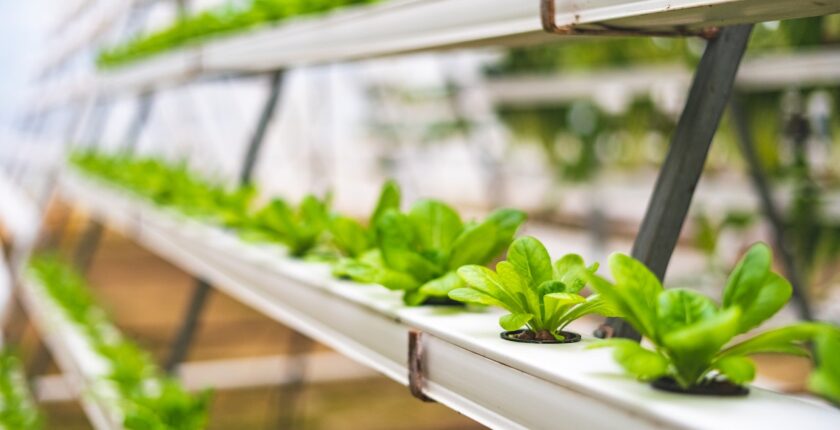Is Vertical Farming at the end?
The vertical farming industry has seen its fair share of challenges in recent months, with rising energy costs, labor costs, and inflation leading to higher prices for products. This has affected both traditional and vertical farming companies, with customers having to save more and purchase less. As a result, several vertical farming companies have been forced to reduce the number of employees or halt expansion plans. Unfortunately, some companies have even gone bankrupt due to the financial strain caused by these economic struggles and inflation.
The high costs of energy, labor, and materials required for vertical farming operations can be a significant financial burden for companies. With the added pressure of inflation, it becomes increasingly difficult for companies to maintain profitability and compete with traditional farming methods. This has led to some companies struggling to stay afloat and even going bankrupt.
Additionally, the lack of government support and subsidies for the vertical farming industry makes it even more difficult for companies to overcome these financial challenges. Without government support, companies are often forced to rely solely on private investment and revenue, which can be unstable and uncertain.
However, it is important to note that these financial struggles do not necessarily signal the end for the vertical farming industry. New companies are constantly emerging, bringing new ideas and innovations to the table that can help to mitigate these financial challenges. Additionally, the increased awareness of the need to prioritize sustainable and locally sourced food production has led to increased demand for vertical farming products.
In conclusion, while the vertical farming industry is currently facing some financial challenges due to economic struggles and inflation, it is important to remember that it is a rapidly evolving field with great potential for growth and job creation. The industry will continue to evolve and adapt, and new companies will emerge to lead the way in sustainable and efficient food production. The vertical farming industry is an important part of the solution to feeding a growing population in a sustainable way and creating jobs in the process. It is a hopeful future for the industry.

